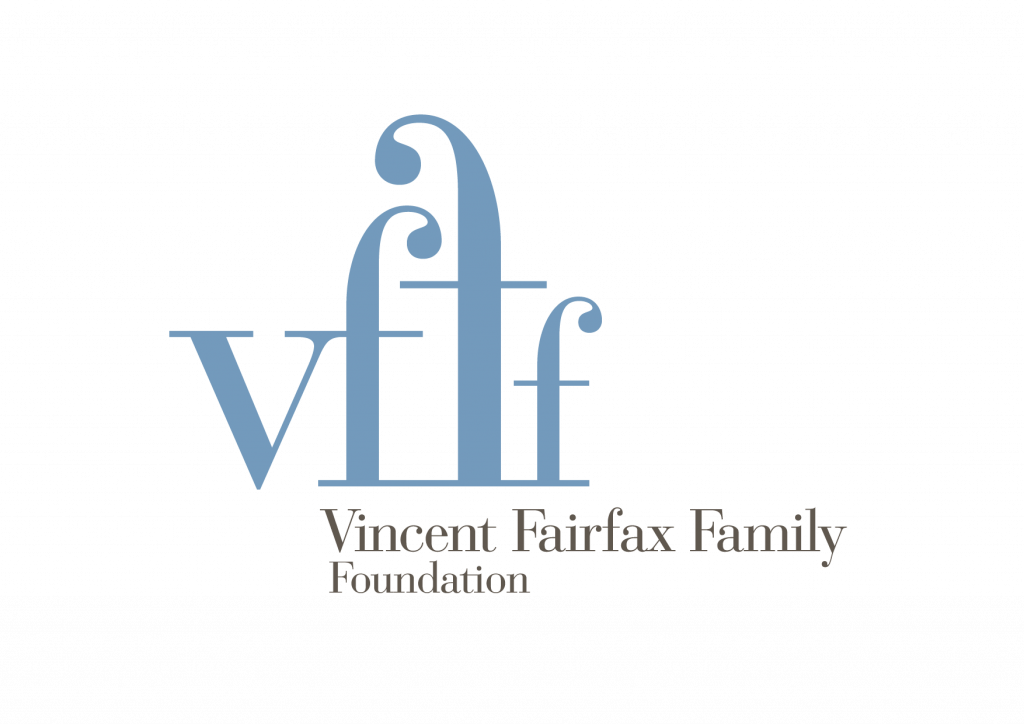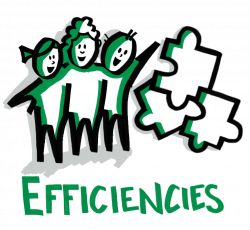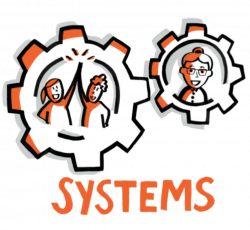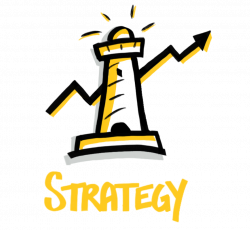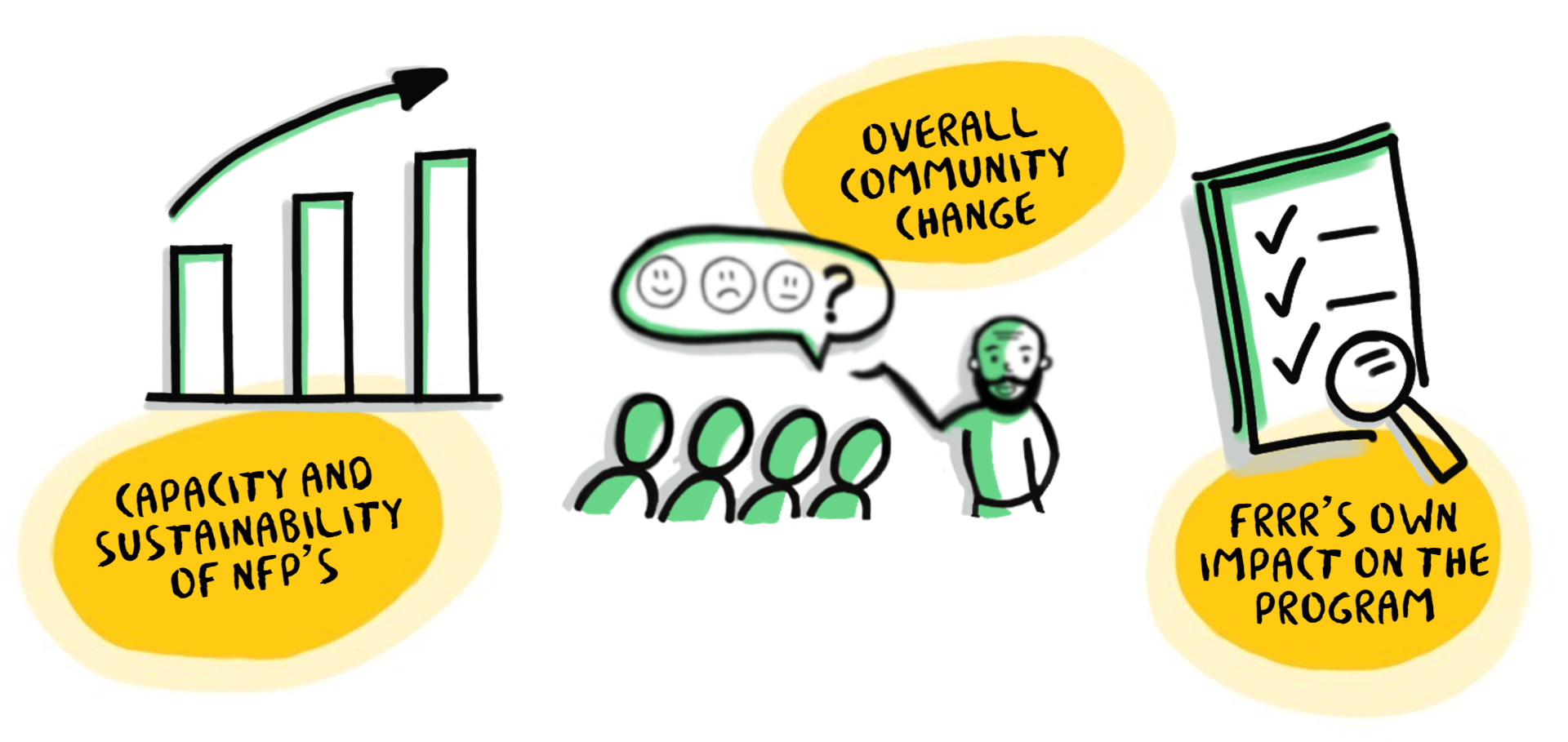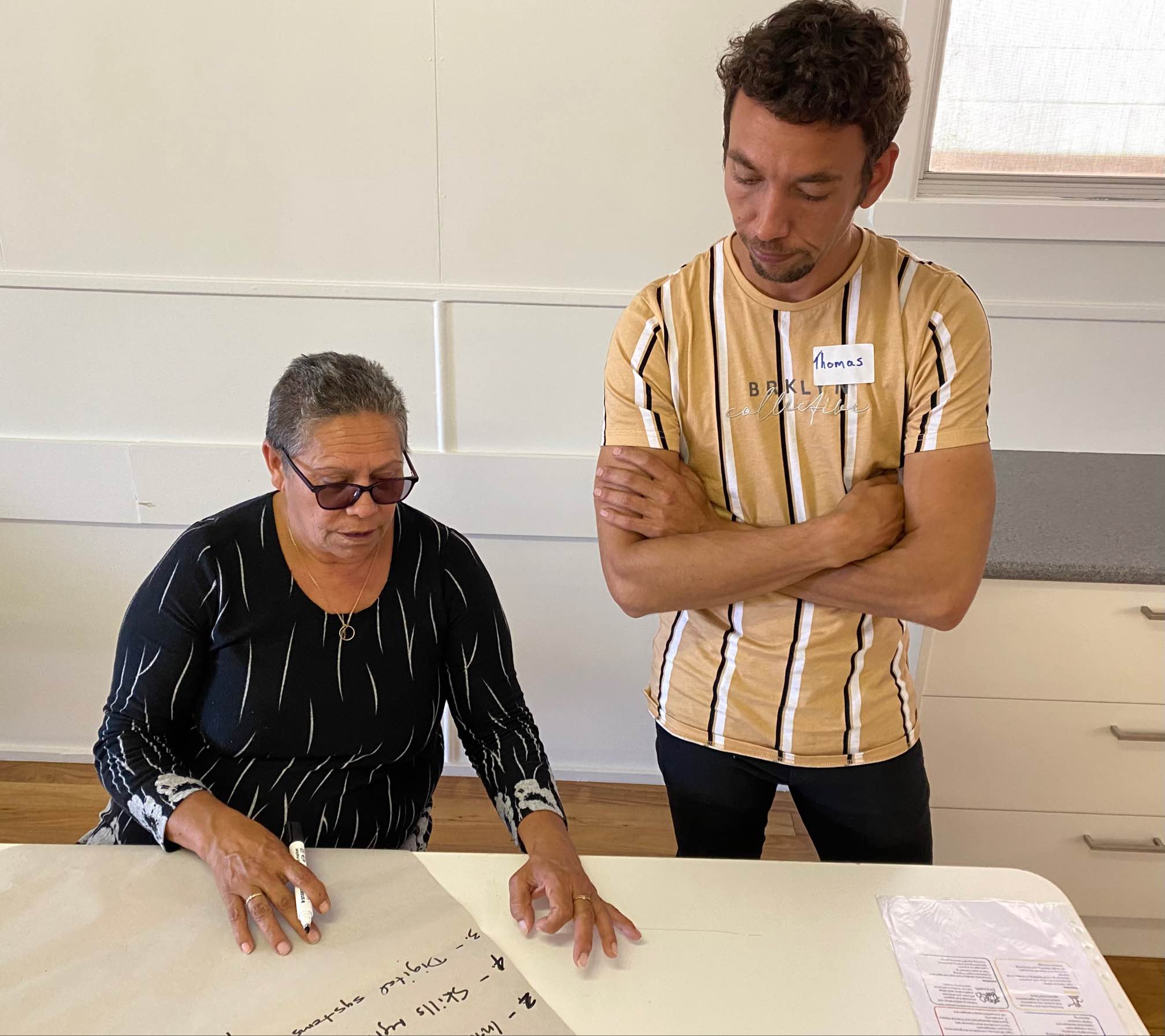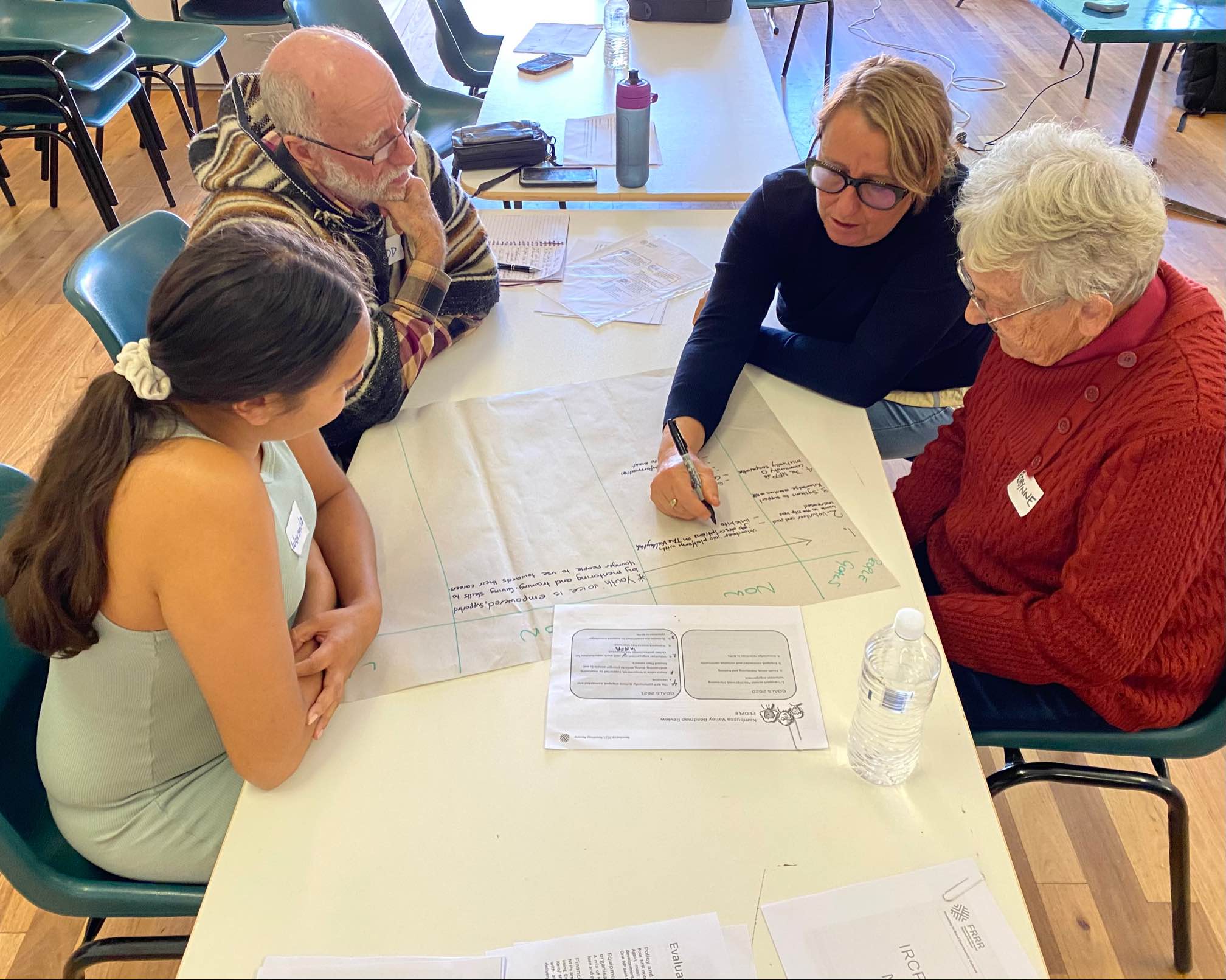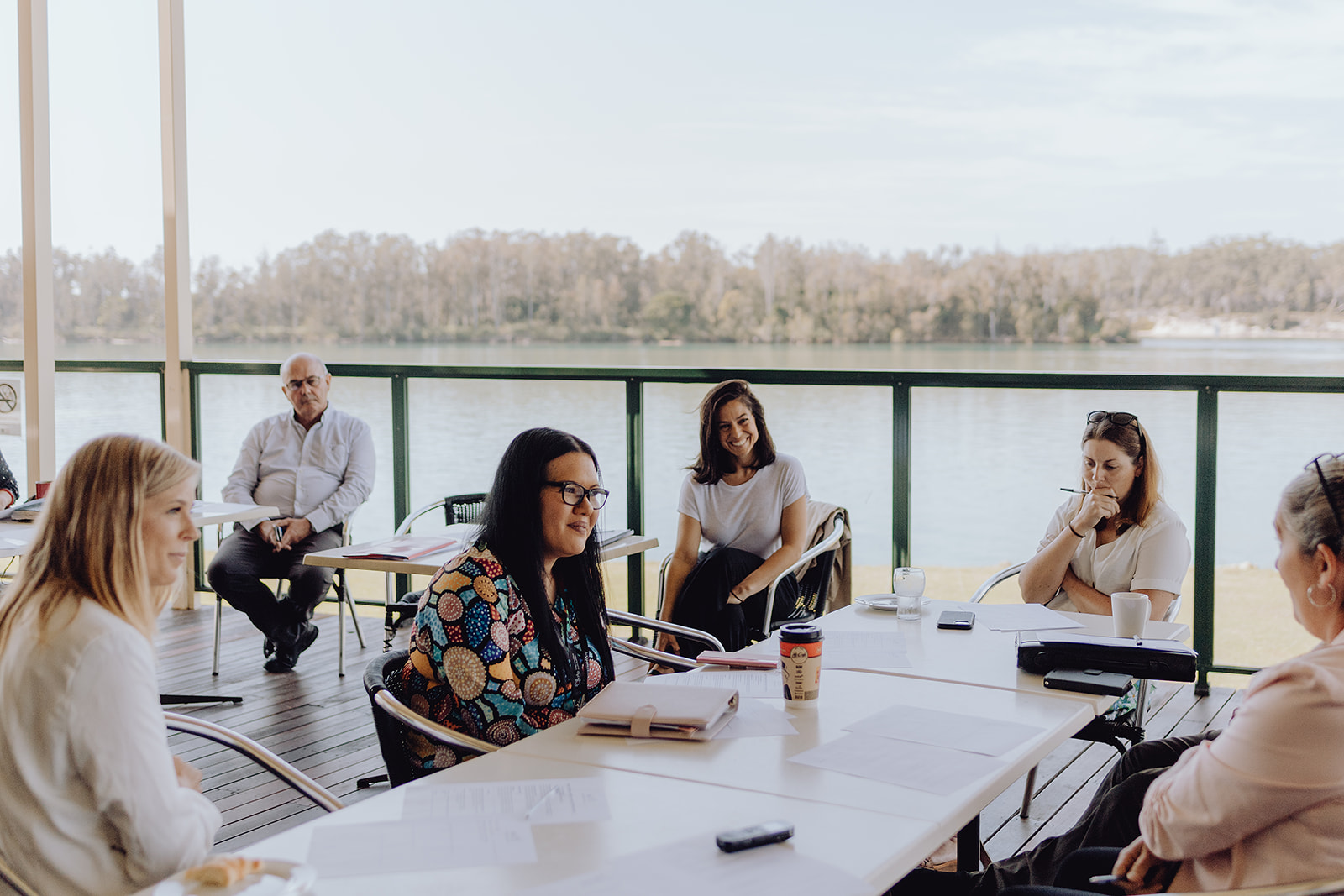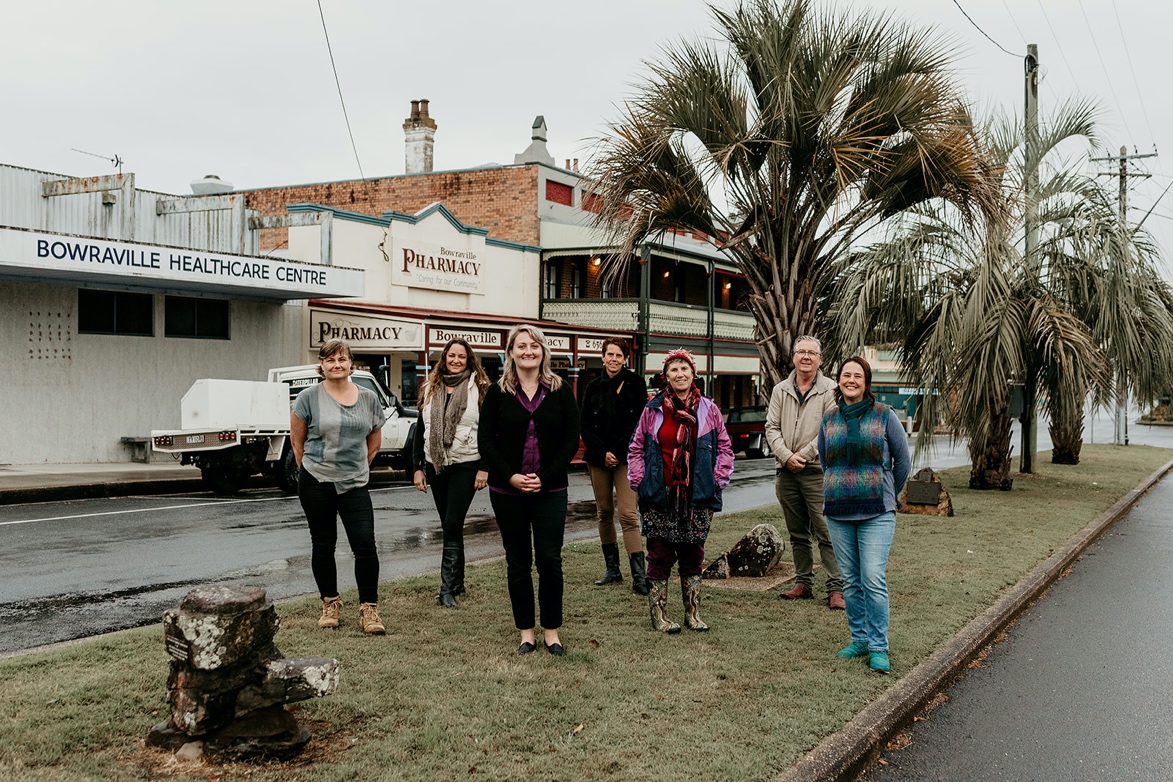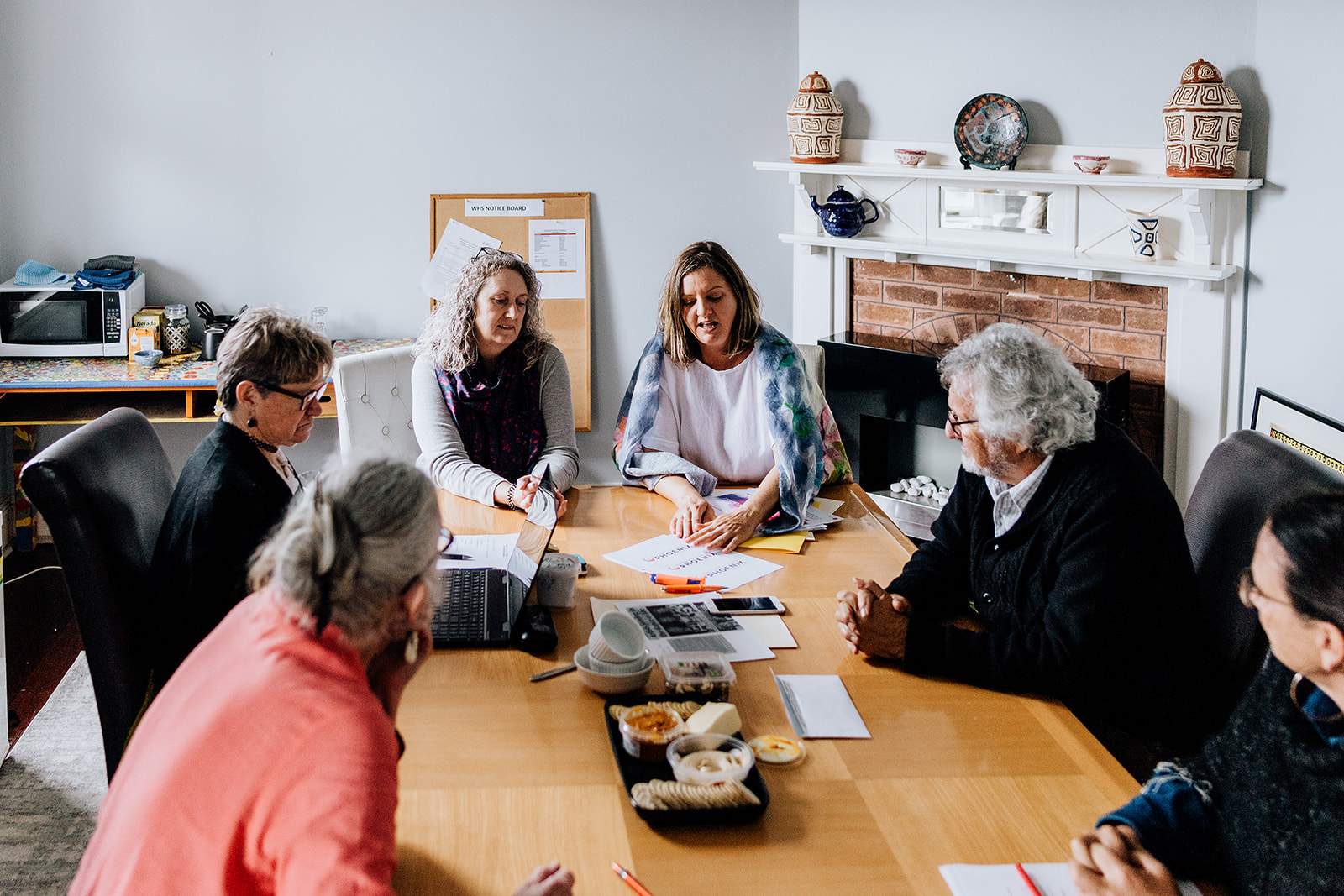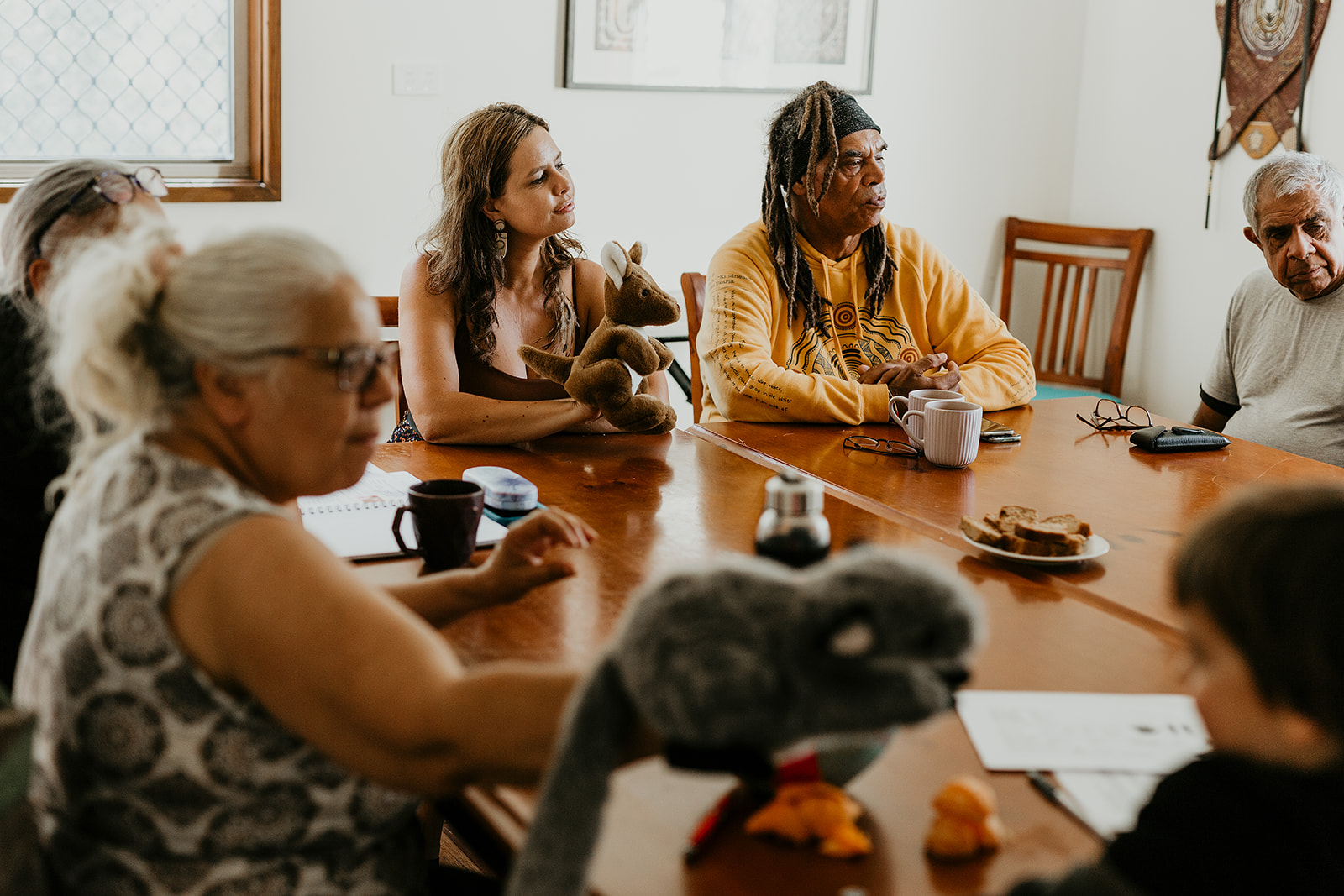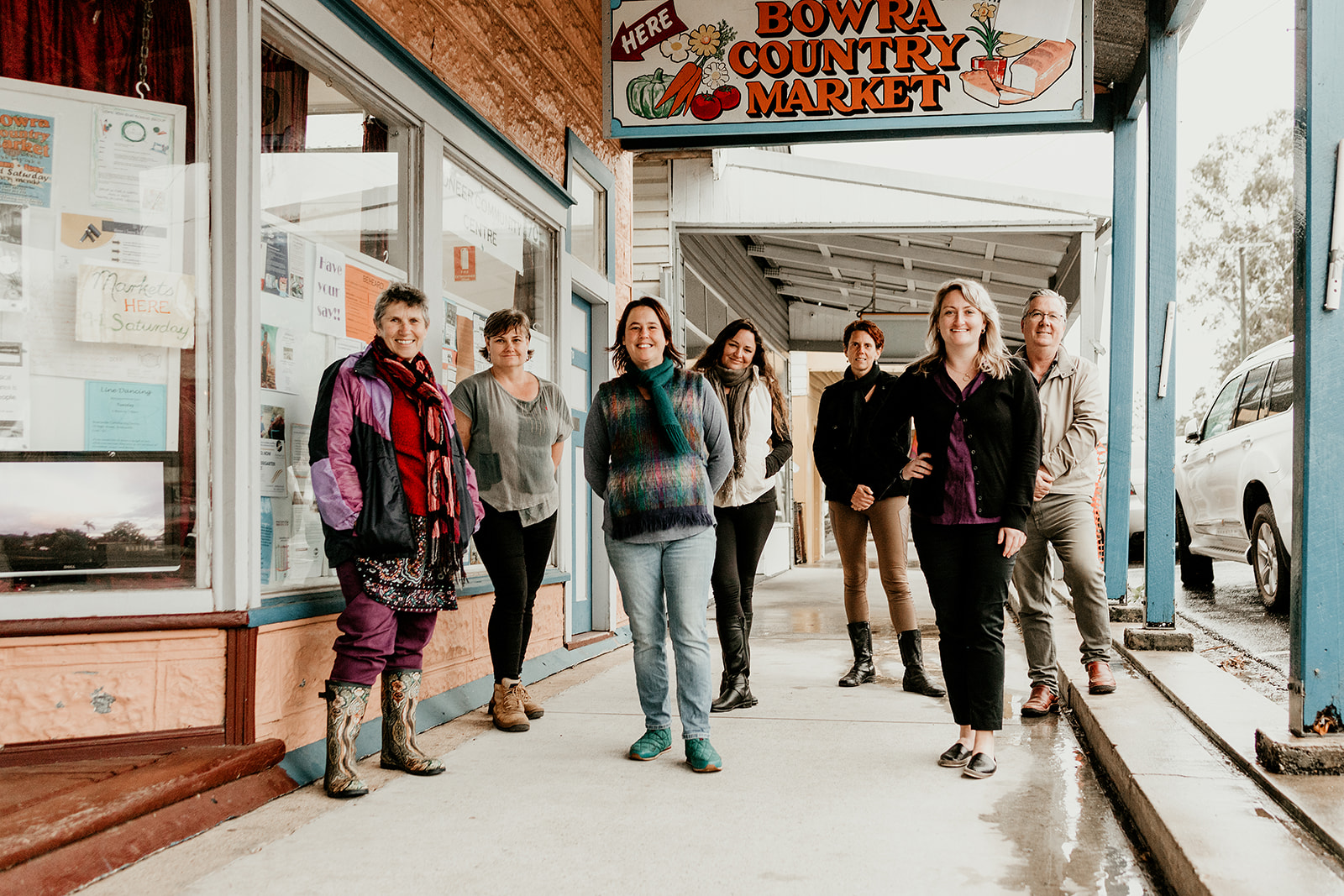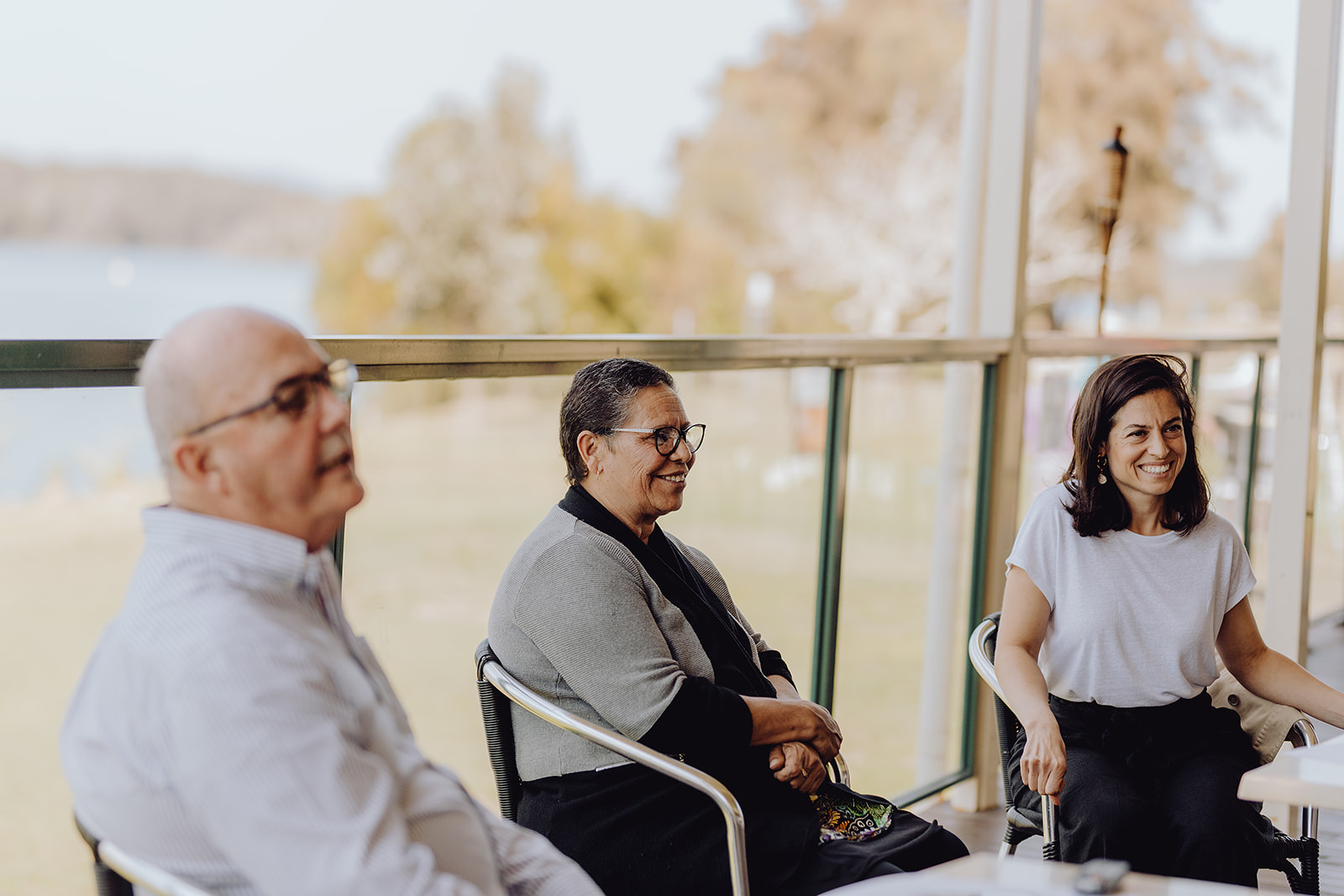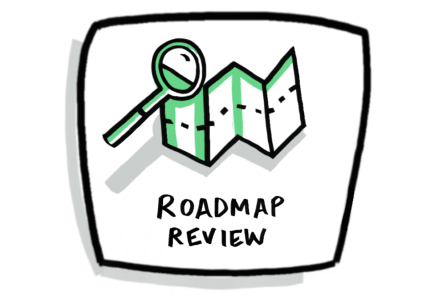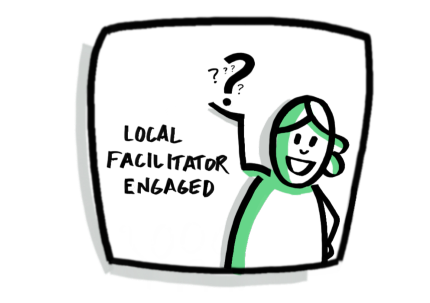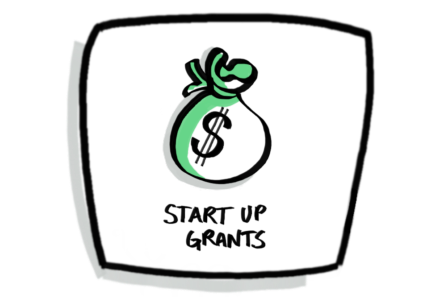- Home >
- The Nambucca Valley’s IRCF Journey
The Nambucca Valley’s IRCF Journey
Welcome
Through the program in the Nambucca Valley, local community facilitators have contributed to supporting the Nambucca Valley not-for-profits (NFPs) to build relationships, connect across the Valley, and work together on activating a Community Roadmap, a shared vision for the Valley.
Contacts:
Proudly supported by
the Nambucca Valley’s IRCF Goals
The Nambucca Valley is on the lands of the Gumbaynggirr people, on the mid-north coast of NSW. The communities of Nambucca Heads, Bowraville, Macksville, Valla Beach and Scotts Head make up the Nambucca Valley IRCF program.
With a combined population of more than 20,000 people, the community is supported by more than 80 NFPs.
The community roadmap articulates the goals decided by the community, for the community. Applications for funding should be for projects that align with the goals found in the community roadmap.
Community Roadmap
2020 Nambucca Valley Community Roadmap
2021 Nambucca Valley Community Roadmap
2022 Nambucca Valley Community Roadmap
Culmination Plan
As the IRCF program winds down in Nambucca Valley, granting and program priorities have been identified and confirmed by communities. Learn more about these Culmination Priorities.
Developing leadership capabilities, a renewed sense of community spirit and fostering skill development to create strong organisations that bring together various leaders, groups and residents.
Authentically engage young people in NFP sector.
Volunteer and paid work in NFP sector has increased.
Support knowledge retention in NFPs.
The NFP community is mutually collaborative.
Cultural economy is developed.
Fundraising Strategist/Grant officer engaged.
Skilled people on committee boards.
Fostering relationships and practises that support efficient and effective collaboration with other not-for-profits to enhance community impact.
Joint funds sourced for collaborative projects.
NFP’s working together to capture, collaborate and model.
Community Hub established.
Collaborative Advocacy – Joint Succession Planning
Training in Committee Roles (Governance) and recruitment.
Supporting community leaders to input new insights and energy to effort by providing lessons, systems and structures that demonstrates best practice.
Create an embedded culture of collaboration.
Intergenerational learning is fostered.
Digital Systems – Fit for purpose to meet current and future needs of
local NFP’s.
Skills Registry (HUB).
Collaborative effort to reduce common overheads e.g., Insurance
Brokerage.
Providing tools and measures that support and enable the sustainability of organisations well into the future.
Support NFP’s to strengthen viability and sustainability by having
multiple funding sources: Circular Fund; Fundraising; (RAP)
Indigenous Procurement; Social Enterprise; Fee for Service.
Communications Strategy developed to support whole NFP sector.
$822,883
Partnership Grants
$64,674
Toolbox Funds Remaining
As part of the IRCF program the communities of Junee, Leeton and the Nambucca Valley were allocated $1million in grant funds. To date, the granting process has been through Partnership Grant Rounds or ongoing quick response Toolbox Applications. As part of the culmination of the IRCF program for these communities, all remaining funds will now be granted through the Toolbox Grant Application process using the following guidelines.
WHAT HAS HAPPENED TO DATE AND WHAT IS ON THE HORIZON
Click on the arrows on either side of the page to move back and forth through the activities

During November 2023 FRRR has hosted the final evaluation data collection events in the VFFF communities of Junee, Leeton and Nambucca. We would like to thank all the community members who took the time to engage in these events, many who have been participating since 2020! Through conversations with
Bowraville Innovative Social Enterprise Precinct (BISEP), will auspice and coordinate this initiative supported by a steering group of members from local organisations Mujaay Ganma Foundation, Lifetime Connect, Nambucca Valley Phoenix and ShoreTrack. Funding of $73,653 will be utilized to facilitate a scoping and feasibility study into an operational model for
ShoreTrack was the lead organisation who received a $2,567 grant through Toolbox Funding to support a professional development opportunity for four Nambucca Valley delegates to attend the Social Impact in the Regions Conference. The opportunity offering learning and networking to strengthen current and future initiatives for the NFP sector. The
The IRCF Team hosted a couple of events in the Nambucca Valley as part of the May program evaluation cycle. First up was a workshop exploring the impact of the IRCF program and what comes next. Our Program Manager, Nancy, tells us there was a fantastic turnout and plenty of
For NFP’s in regional Australia, human TIME - be it that of staff or volunteers - is their most valuable resource. Today as part of the IRCF program in the Nambucca Valley local NFP’s heard firsthand from Jill Ashley, Business Manager from local organisation ShoreTrack and local consultant Stephen Saunders
November Evaluation Event Highlights An important part of FRRR’s Investing in Rural Community Futures Program (IRCF) is an evaluation process that has occurred every 6 months since 2020. The focus of this work is to try to capture the impact of the program at a community level and the journey
Round 3 of the Partnership Grants for Nambucca Valley were announced in November 2022. Four organisations shared in just over $150,000 for the projects listed below. [ninja_tables id="4425"]
Eligible not-for-profits in Junee and Nambucca Valley are now invited to apply for a partnership grant, with the 2022 grant round now open until 12 August 2022. Projects must: Align with the IRCF priority areas,Address a priority or goal identified in the relevant community roadmap, and Satisfy the criteria outlined
During June 2022, community not-for-profits came together in Junee, Leeton and Nambucca Valley to review the IRCF roadmap and reflect on opportunities for the coming year.
The IRCF program is evaluated every six months in Nambucca Valley. Organisations who have been funded through the IRCF program meet with consultants to reflect on the program and measure the impact of funds granted. To support this process, an overall IRCF Evaluation Framework has been developed. This allows for
The IRCF program is evaluated every six months within Nambucca Valley. Organisations who have been funded through the IRCF program meet with consultants to reflect on the program, and measure the impact of funds granted. To support this process, an overall IRCF Evaluation Framework has been developed. This allows for reflection, and
The Nambucca Valley Community Roadmap aims to identify local not-for-profit needs that align with the IRCF programs Priority Areas and the programs intention to strengthen how not-for profit organisations function and support sustainability. The roadmap articulates the steps required to guide the sector in achieving shared goals. The purpose of a roadmap is to both guide the local not-for-profit sector to better understand how it can be sustained into
The Toolbox of Support includes access to funding and facilitation support to share knowledge, information, and experience within individual organisations and across the NFP sector. The Toolbox of Support includes up to $50,000 for the lifetime of the IRCF program and is now open for application. These grants are only available to
Round 2 of the Partnership Grants for Nambucca Valley were announced in March 2021. Eight organisations are sharing in $309,689. These recipients and their projects are outlined below. [ninja_tables id="3254"]
The IRCF program is evaluated every six months within Nambucca Valley. Organisations who have been funded through the IRCF program meet with consultants to reflect on the program, and measure the impact of funds granted. To support this process, an overall IRCF Evaluation Framework has been developed. This allows for
Round 1 of the Partnership Grants for Nambucca Valley were announced in August 2020. Now in the second year of the program in Nambucca Valley, the Partnership Round invited not-for-profits (NFPs) in Nambucca Valley to apply for funding to meet the goals identified in the community roadmap. Nine projects in
The Nambucca Valley NFPs want to build relationships, connect across the Valley, and work together on developing a Community Roadmap, a shared vision for the Valley.
If you are an NFP situated in Nambucca Valley and would like to find out more about the IRCF program and how you could potentially be involved, then please contact your facilitator.
On Wednesday 11th March, a group of passionate volunteers, board members, leaders and team members from community based not-for-profit (NFP) organisations in the Valley were invited to two Community Roadmap Workshops at Naumbucca Heads Island Golf Club. Over these sessions, almost 100 attendees from a broad range of NFPs determined
The Nambucca Valley was announced as a partner community for the IRCF program, along with Leeton and Junee, following the successful Expression of Interest from the Nambucca Valley community. Five communities in NSW were selected to participate in the Start-Up grant round of the IRCF program. Following the successful
The Foundation for Rural & Regional Renewal (FRRR) and the Vincent Fairfax Family Foundation (VFFF) recognise the fundamental roles that not-for-profit (NFP) organisations play in building and sustaining the social and economic fabric in their communities. The desired outcome of the Investing in Rural Community Futures (IRCF) program is to
As part of the IRCF program launch, Lifetime Connect Inc, has received $60,000 to kickstart the Nambucca Valley (Waluurr Ngambagagundi) – Hand in Hand Project. This grant represents the start-up round of the program in Nambucca Valley, and is the first investment of the IRCF program. The grant will prepare
November 22 2023
September 26 2023
September 26 2023
May 17 2023
April 5 2023
December 19 2022
November 10 2022
June 27 2022
June 14 2022
April 4 2022
October 13 2021
October 5 2021
September 13 2021
March 1 2021
March 1 2021
August 1 2020
July 1 2020
April 23 2020
March 11 2020
January 1 2020
August 30 2019
August 2 2019
Evaluation – NFP Health Check
The IRCF program is being independently evaluated by our delivery partner Matrix on Board for the life of the program. As part of this evaluation, FRRR is measuring the change and impact of the program at three different levels, this is being measured by using a series of tools.
There are three components to the evaluation of the IRCF program:
1. The change and impact on the capacity and sustainability of the individual NFP organisations involved in the program. One of these tools is an organisational self-assessment for committees to collectively discuss the current health of their organisation. It was designed specifically for the program looking at the four pillars of Strategy, People, Systems and Efficiencies. The assessment measures each pillar using a 5 point scale out of 12 areas of organisational competency, giving organisations a score out of 60, we are using a mean of this score across the funded organisations to monitor an overall health of these organisations and to track any impact, the program may have. All funded organisations take part in the self-assessment. These assessments are undertaken every six-months, with an additional one-on-one interview with each organisation.
2. The impact of the program on overall community change as a result of the work of the organisations. This will be measured through the engagement of all organisations in the community through a Community Workshop facilitated by the Evaluation Team using the Harwood Index. In each community there has been a range of external individuals to the project selected that meet with the evaluation panel every 6 months for breakfast to discuss the impact IRCF is having.
3. FRRR’s own impact on the program. Most of this performance is in the form of measurable data such as dollars spent, the number of organisations who have been able to participate in the program and the number of people impacted by the programs/projects delivered. Reporting and interviews are employed to capture the effectiveness and impact of the Community Facilitators employed to support the organisations.

